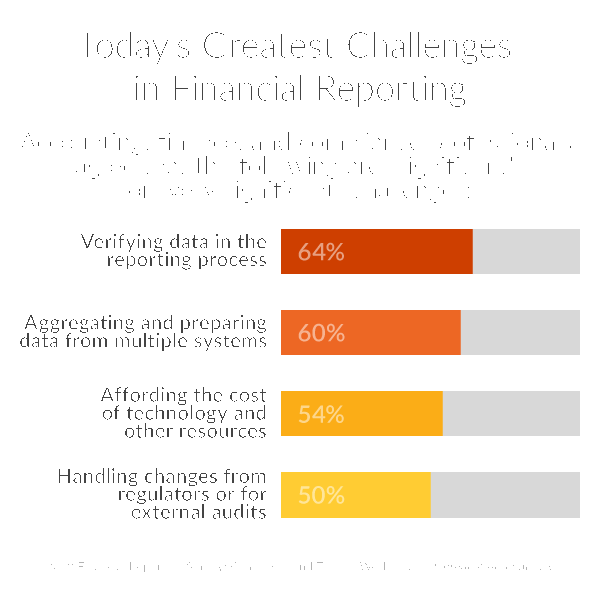
Effective financial reporting is crucial for the success and growth of small businesses. It provides a clear picture of the financial health and performance of the company, guides decision-making, and helps in maintaining compliance. Here are some valuable tips to enhance your financial reporting process:
1. Establish Clear Objectives
Before diving into financial reporting, it’s essential to set clear objectives. Determine the purpose of your reports, whether it’s for internal evaluation, investor communication, or regulatory compliance. Clearly outlining your goals will streamline the reporting process and ensure that the information provided serves its intended purpose.
2. Choose the Right Reporting Software
Utilizing the right reporting software can significantly simplify and automate your financial reporting. Look for tools specifically designed for small businesses, offering features like customizable templates, real-time data syncing, and integration with accounting software. These technologies will save you time, reduce errors, and provide accurate financial insights.
3. Create Consistent Reporting Templates
Consistency is key when it comes to financial reporting. Develop standardized templates for your reports to ensure uniformity across various periods and facilitate easy analysis and comparison. A consistent format also makes it simpler for stakeholders to understand the information presented, promoting efficient decision-making.
4. Use User-Friendly Dashboards
Visual representations like interactive dashboards and graphs can enhance the readability and effectiveness of your financial reports. A user-friendly interface provides a quick overview of the key metrics, enabling stakeholders to grasp important information at a glance. Additionally, the ability to drill down into specific details ensures a comprehensive understanding of the financial data.
5. Timing is Crucial
Timely financial reporting is essential for small businesses. Ensure that your reports are prepared and distributed promptly to provide up-to-date information. Regular reporting intervals, such as monthly or quarterly, allow stakeholders to make informed decisions in a timely manner and identify areas that require attention or improvement. Avoid delays and aim for consistency to maintain credibility and build trust.
6. Ensure Accuracy and Detail
Accurate reporting is non-negotiable. Double-check your financial data to eliminate errors, as inaccuracies can lead to incorrect decision-making. Reconcile accounts, validate calculations, and verify the integrity of the financial information. Be meticulous in capturing even the smallest details, as they can significantly impact the overall analysis.
7. Enhance Transparency and Accountability
Transparency and accountability are crucial elements of financial reporting. Clearly communicate the source of your financial data and any underlying assumptions made during the reporting process. This promotes trust among stakeholders and allows them to evaluate the reliability and relevance of the information presented. Maintain a transparent approach to build a strong foundation for your small business.
8. Adhere to Regulatory Standards
Compliance with regulatory standards is of utmost importance in financial reporting. Keep yourself updated with the relevant laws and regulations that apply to your industry and ensure your reports align with their requirements. Failure to comply may result in legal consequences and damage your reputation. Seek professional advice if needed to ensure full adherence.
9. Regularly Review and Analyze Reports
Financial reports are not simply documents to file away. Regularly review and analyze the data presented to gain insights into your small business’s financial performance. Look for trends, patterns, and areas for improvement. These reviews will help you make strategic decisions, identify potential risks, and drive the continued growth of your business.
10. Seek Expert Guidance
When in doubt, seek expert guidance. Engage with professionals such as accountants, financial advisors, or consultants with expertise in small business financial reporting. They can provide invaluable advice, help streamline your processes, and ensure compliance with industry best practices.
In conclusion, effective financial reporting in small businesses involves clear objectives, accurate data, consistency, transparency, and compliance. By implementing these tips and leveraging relevant technologies, you can optimize your reporting process and empower your small business’s financial management.

